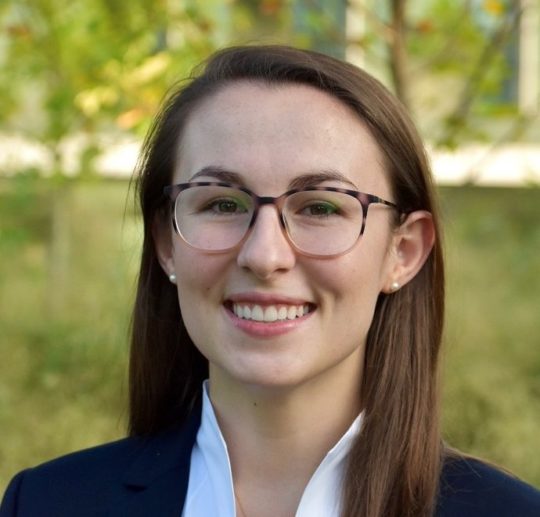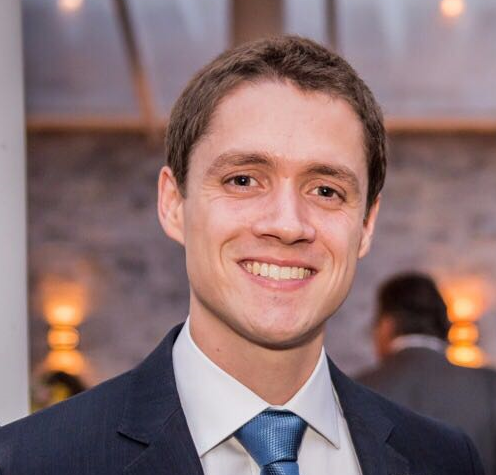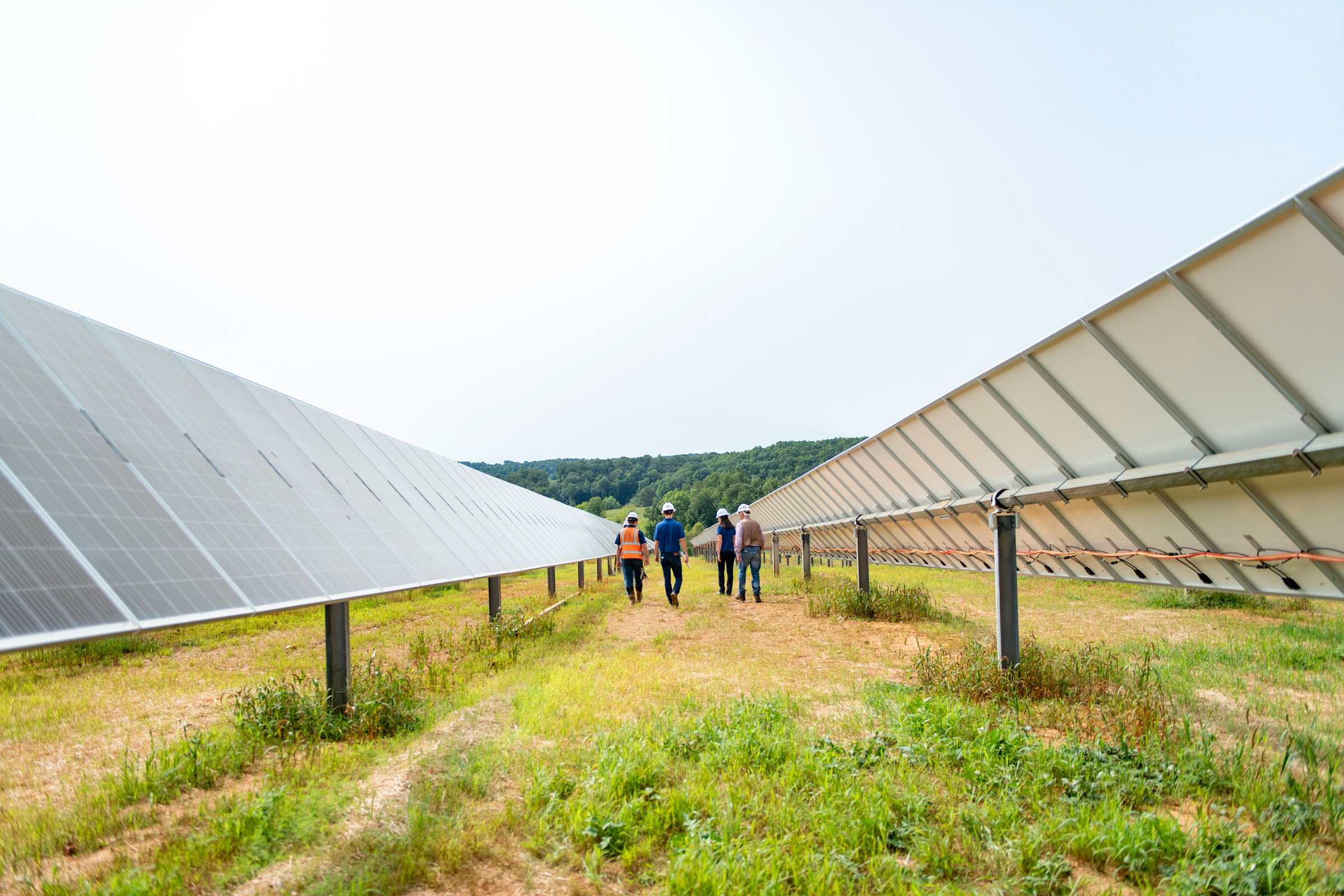Virtual Internships, Real Impact
Team Apex’s Pandemic Pivot
Early in the spring semester of a typical year, many college students are finalizing their summer internships and plans—interviewing, weighing offers, and securing housing for the months ahead. But 2020 has, without exception, not been a typical year. As March turned into April, many U.S. companies—Apex included—faced a difficult choice: bring internships online or cancel them altogether.
Internships are a crucial component of higher education. In addition to satisfying graduation requirements, they provide valuable work experience and financial compensation. Apex had identified an unprecedented class in terms of skillset, diversity, and passion for the company’s mission. For both Apex and its summer intern cohort, a lot was at stake. After consultation across Apex’s leadership, a decision was made to move forward with interns working remotely.
In the end, the tangibility of the interns’ value-added contributions, and the quality of their professional experiences, was anything but virtual.
While many business sectors across the country took a hit in 2020, development and construction of renewable energy facilities continued apace.
Powering On
“At the onset of the pandemic, there was so much bad news about the economy, including the cancellation of internships,” says Eric Wampler, Apex’s senior director of human resources. “Shortly after Apex moved to remote work, our CEO, Mark Goodwin, affirmed his commitment to the program, so we went to work on a plan to make it happen.”
Goodwin’s optimistic sentiment was encouraged by the state of the industry; as demand for clean energy continues to soar, there is no better time to develop the next generation of industry leaders. While so many business sectors across the country took a hit in 2020, development and construction of renewable energy facilities continued apace.
“Our internship program is of great benefit to the company, but it’s also an outstanding way to bring aspiring professionals into the industry, especially those from underrepresented groups,” says Wampler. “It was devastating to think about suspending the program for a year and for so many talented interns to miss out on a great opportunity.”
One way Apex invests in these future leaders is through a partnership with the Ron Brown Scholar Program, which provides academic scholarships, service opportunities, and leadership experiences for young African Americans of outstanding promise. In 2020, Ron Brown Scholar Kahmile Whitby, a student at the Massachusetts Institute of Technology (MIT), interned for the Apex Technology team; a college freshman, Whitby was the youngest intern of the summer.
The ability to adapt to a virtual 40-hour workweek at a new company was not the only thing that made the 2020 cohort exceptional; among the other interns were multiple PhD and dual-degree candidates, a Fulbright Scholar, and a veteran reentering the workforce.
“All of Team Apex put a lot of effort into making me feel welcome and getting me plugged in.”
The Summer of Zoom
Meagan Klebanoff, a candidate for a dual MBA/Master of Environmental Management degree at Duke University and an intern for Apex’s Business Development (BD) team, didn’t quite know what to expect from the virtual experience. She was pleasantly surprised, however, by the connection she was able to maintain with her department and with the greater company as the summer progressed.
“I found it to be seamless. The BD team, along with all of Team Apex, put a lot of effort into making me feel welcome and getting me plugged in,” Klebanoff says. As the BD intern, Klebanoff works across departments to support power marketing, project finance, development asset acquisitions, and contract negotiations. Among other responsibilities, she coordinated with Apex’s Finance, Legal, and Development teams to compile RFP responses and conducted energy market and project analyses to support bilateral project development opportunities.
In all, 24 interns were hired to begin in June and work across 10 Apex departments (see sidebar). The HR team devised a schedule that ensured interns had consistent “touchpoints” with their supervisors in addition to standing weekly meetings, including team leader chats, all-hands Zooms, and Friday socials.
These frequent meetings allowed the interns to submerge themselves in all things Apex; learn about the varied yet deeply interconnected areas of specialization that contribute to a successful, growing clean energy company; and seek out opportunities for professional development and career advancement.
The interns credit the rewarding summer to Apex’s leadership making the best of a challenging situation and showing what a productive remote workplace can look like.
“I loved seeing the entire company interact on Zoom at the Tuesday all-Apex meetings, hearing from leadership, and learning about what was happening across the organization,” says Klebanoff. “It really helped to foster a sense of community within the company, particularly in a virtual environment.”
Klebanoff is one of several interns who continued their internships with Apex after the summer ended. This isn’t uncommon for the company; over the summer, the 2020 cohort witnessed a few intern alums returning as full-time Apexers. (In all, since the internship program began in 2013, more than 20 former interns have transitioned to full-time employment with Apex.)

(Image credit: Duke University)

(Image credit: Ron Brown Scholar Program)

(Image credit: Rice University)
Succeeding in a Virtual Reality
Remote work comes with a number of advantages for students: a more flexible schedule, fewer housing and transportation expenses, and a choice of location. Meanwhile, employers enjoy lower overhead costs and an expanded applicant pool of qualified candidates not limited by geography.
HR Associate Marsha Burger, who leads the Apex internship program, was impressed by the 2020 cohort’s seamless transition to an online experience. “This was a particularly kind and thoughtful group,” Burger says. “To be successful in a virtual environment takes exceptional EQ, and it was a testament to the interns that we hired, who had the maturity to rise to the occasion.”
Likewise, the interns credit the rewarding summer to Apex’s leadership making the best of a challenging situation and showing what a productive remote workplace can look like.
“Before starting at Apex, I didn’t know what working remotely would be like, and the value compared to an in-person experience was unclear,” says Marcelo Rodrigues Fernandes, a PhD candidate at Rice University who interned with the Technology department. “Now I’m very confident that a virtual internship or job can be as successful as an in-person one if the program is well developed and you’re working with an excellent management team.”
The success of Apex’s virtual summer proves that connections and growth can occur whether employees are in the same room or hundreds of miles apart. It’s impossible to say what next year’s internship program will look like, but Wampler is confident that both the company and its interns came away with a sense of accomplishment for pushing forward in uncharted space.
“The experience was certainly not what anyone expected, but I believe the 2020 interns and the Apex team embraced the opportunity to learn and grow from each other,” Wampler says. “I hope this summer inspires the interns to use their talents to further accelerate the shift to clean energy at Apex or elsewhere in the industry.”


